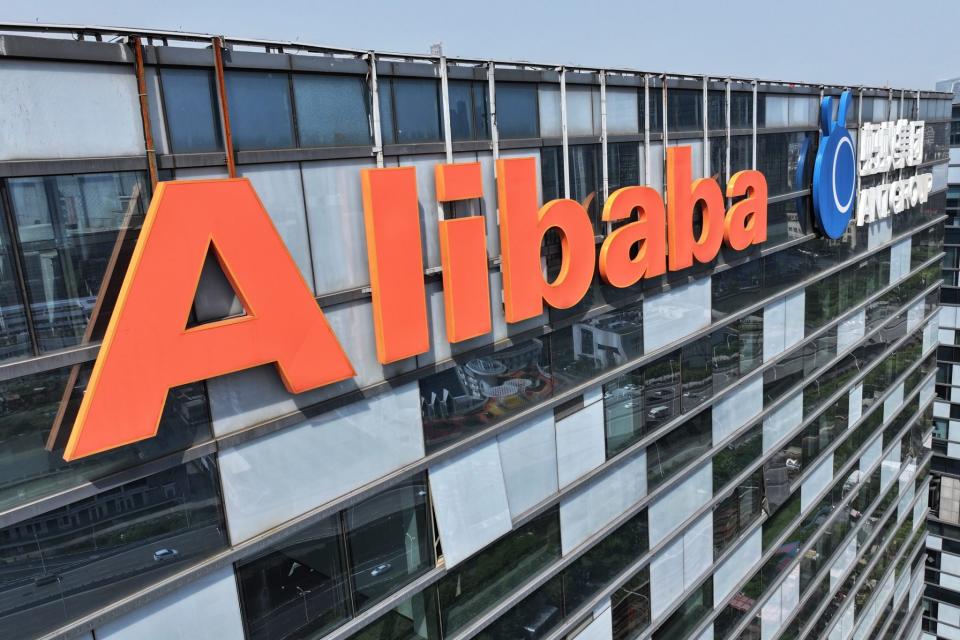The race to lead China’s AI sector heats up as ByteDance, Alibaba and Baidu offer their models at rock-bottom prices

China's biggest companies have a go-to tactic when it comes to fighting off the competition: Cut prices, and cut them drastically. Multiple sectors of the Chinese consumer economy—e-commerce, consumer devices, or electric vehicles—are now locked in a fierce price war.
The AI sector is the latest industry to get hit with deep discounts, with the country's biggest tech companies almost giving away access to their models to win over customers.
There are over 200 large language models (LLMs) in China, according to the state-run Global Times, citing China Media Group. Yet the most prominent of these are those from China's big tech players like Alibaba, Baidu, and TikTok owner ByteDance. LLMs underpin many generative AI services, like OpenAI's ChatGPT chatbot.
Last week, ByteDance revealed pricing for its Doubao LLM. The TikTok-owner will charge 0.0008 yuan ($0.0001) per 1,000 tokens for its top-of-the-line Doubao Pro, a level that ByteDance claimed was 99% lower than the industry average for enterprise users.
A token is a unit of data processed by an LLM. For OpenAI's ChatGPT, 1000 tokens is equal to about 750 English words.
ByteDance's competitors were quick to respond. On Tuesday, Alibaba cut prices by up to 97% for some of its Qwen LLM models. Hours later, Baidu said its Ernie Speed and Ernie Light, two lighter versions of its Ernie LLM, would be free for all business users.
On Wednesday, iFlytek—which has its own AI chatbot "Spark"—also slashed prices for its services. Charging just 0.21 yuan ($0.03) for 10,000 of its input tokens, equivalent to generating about 15,000 Chinese characters on its platform.
Chinese AI services are already priced lower than their Western counterparts. OpenAI charges its users $20 per month for a ChatGPT Plus subscription, though the chatbot is not available in China. By comparison, Baidu charges 59.90 yuan ($8.32) a month for its top-end Ernie Bot 4.0, which CEO Robin Li claims performs as well as OpenAI's product.
China's AI sector is still in its early development, with popularity shifting quickly between different providers. ByteDance's Doubao chatbot, released last August, has already overtaken first-mover Baidu's Ernie bot in regular monthly users on iOS, according to Bloomberg citing data from Sensor Tower.
Price wars in China
Deep discounts are common in China, where companies often slash prices to grab market share from competitors.
Alibaba and its fellow tech companies Tencent and JD are engaged in a separate price war in the cloud computing space. The three firms has sharply reduced fees for their services to fend off competition.
Just earlier this week, Apple cut prices for its iPhones in China for the second time this year, as it tries to defend its position from Chinese manufacturers like Huawei and Honor.
But perhaps the fiercest competition is in the EV sector. Chinese carmakers, as well as U.S.-headquartered Tesla have been locked in an extended price war since Tesla first started slashing prices October 2022, slashing prices to gain market share as China's EV sales start to slow down.
This story was originally featured on Fortune.com

 Yahoo Finance
Yahoo Finance 